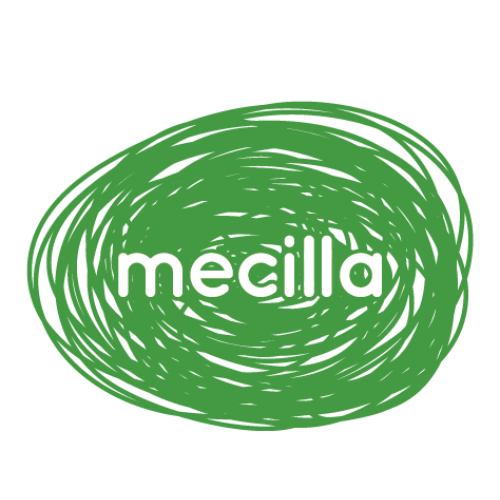ORGANIC COTTON FAQS
Q: What is organic cotton?
A: Organic cotton is cotton that is produced, and certified, according to organic agricultural standards. Of most importance is the fact that organic practices prohibit the use of ‘agrichemicals’ (artificial pesticides and fertilizers) along with genetically modified (GM) seed. Instead, organic cotton is grown as part of a production system that sustains the health of soils, ecosystems and people. It relies on ecological processes, biodiversity and locally adapted inputs in place of chemical inputs which can have an adverse effects on the farmer and the environment. Organic cotton production combines tradition, innovation and science to benefit the shared environment and promote fair relationships and a good quality of life for all involved.
Q: How much of the world’s cotton is organic?
A: Based on data from the 2014/15 growing season, a total of 112,488 mt of organic cotton fiber was produced by 19 countries. This is compared to 23.9 million mt of “conventional” cotton – meaning that, at present, approximately 0.43% of global cotton production is organic.
Q: Is organic cotton better quality/better for me?
A: There is no evidence of a health benefit in wearing/using textiles made with organic cotton. However, there are significant differences between organic and conventional cotton when it comes to how the cotton is grown (without toxic or persistent chemicals) – which impacts our land, water and the farmers who grow the cotton.
Q :Are there other types of sustainable cotton besides organic?
A: There are a number of other cotton sustainability initiatives, each with a slightly different approach, geography and focus area. For example, Fairtrade prioritizes trade, organizational structures and community development; Cotton made in Africa (CmiA) focuses on livelihood improvement in Africa; and the Better Cotton Initiative aims to make the mainstream better. A more detailed description of some of the other cotton sustainability initiatives can be found in Textile Exchange’s annual Organic Cotton Market Report.
